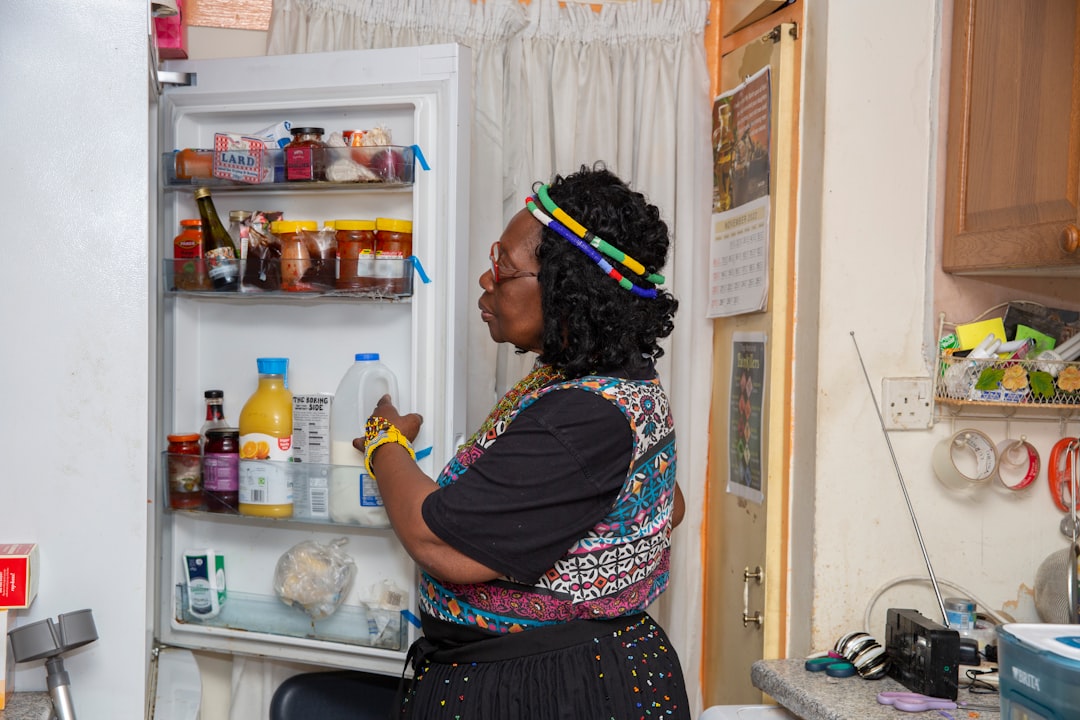Blog
- Baby's Health
- Beauty & Lifestyle
- Better Sleep
- Fertility
- Giving Birth
- Health & Wellness
- Home Designing
- LGBTQ+ Community
- Love & Romance
- Menopause
- Menstrual Cycle
- Mental Health
- Mindfulness
- Motivation & Inspiration
- Nutrition
- Parenthood
- Passion
- Post Pregnancy
- Pregnancy
- Relationships
- Science
- Spirituality
- Sport & Fitness
- Uncategorized
- Wisdom of Healing
- World Travel
The power of rest: Why sleep is a superpower during pregnancy
Are you tossing and turning at night with your growing belly? You’re not alone. A staggering 45.7% of pregnant women experience poor sleep quality, and 38.2% report insomnia symptoms, according to recent research in the [Oxford Academic Sleep Journal](https://academic.oup.com/sleep/article/48/7/zsaf095/8120787). But why does quality rest matter so much during pregnancy, and what can you do about it?
Why education is the best birth plan
Are you meticulously crafting the perfect birth plan? Detailing your preferences for everything from lighting to labor positions? While having a written birth plan certainly has merit, there’s something even more powerful at your disposal: education.
Morning sickness myths: what actually helps (and what doesn’t)
If you’re pregnant and dealing with nausea, you’re certainly not alone. Nausea and vomiting of pregnancy (NVP) affects a staggering 70-80% of pregnant women—approximately 4 million women annually in the United States alone, according to [medical research](https://pmc.ncbi.nlm.nih.gov/articles/PMC3676933/). Despite being commonly called “morning sickness,” this misleading term doesn’t capture the full experience, as most women experience symptoms throughout the day, not just in the morning.
Pregnancy exercise myths: What’s safe and what’s outdated advice
Pregnancy often comes with a flood of well-meaning advice from family, friends, and even strangers. When it comes to exercise during pregnancy, outdated myths can leave expectant mothers confused about what’s safe for them and their baby.
Pregnancy cravings: what your body might be telling you
That sudden urge for pickles and ice cream at 2 AM isn’t just a pregnancy cliché—it’s a real phenomenon experienced by the majority of expectant mothers. If you’ve found yourself desperately needing specific foods during pregnancy, you’re in good company. Between 50-90% of women experience food cravings during pregnancy, according to research at [Beginning.com](https://home.beginning.com/blog/pregnancy/pregnancy-cravings-meaning-and-handling-healthy-swaps/).
The role of sleep in postpartum healing: why rest matters for new moms
The birth of a baby brings overwhelming joy, but also unprecedented challenges—especially when it comes to sleep. While everyone jokes about new parents being tired, few discuss how crucial sleep is for a mother’s physical recovery and emotional wellbeing. Nearly 71% of women report poor sleep quality in the first month after giving birth, making it a universal yet often overlooked aspect of postpartum healing.
Postpartum recovery timeline: what’s normal (and what’s not)
You’ve just been through one of the most transformative experiences of your life—bringing a new human into the world. Now begins another journey: postpartum recovery. While many new mothers expect to bounce back quickly, the reality is that postpartum healing is a gradual process that unfolds over weeks and months.
Beginning.com Welcomes Merle Liivand as International Ambassador
Beginning.com, the award-winning women’s wellness app, is proud to announce Estonian national competitive swimmer and environmental advocate Merle Liivand as our new international ambassador. This partnership unites Beginning.com’s commitment to women’s holistic wellness with Liivand’s inspiring mission of physical achievement and environmental protection.
The role of nutrition in supporting fertility and early pregnancy
When it comes to preparing your body for conception and early pregnancy, what you eat truly matters. While nutrition is often overlooked until after a positive pregnancy test, emerging research shows that dietary choices made before conception can significantly influence fertility and set the foundation for a healthy pregnancy.
Why online pregnancy courses are the future of prenatal education
Are you feeling overwhelmed by the thought of preparing for childbirth? You’re not alone. For generations, expectant mothers have gathered in community centers and hospital basements to learn about pregnancy and childbirth. But today’s mothers are increasingly turning to a more convenient alternative: online pregnancy courses.
The Fourth Trimester and Mental Health: Building Your Postpartum Toolkit
The first weeks and months after giving birth can feel like navigating uncharted waters. While everyone focuses on your newborn, you’re experiencing profound physical and emotional changes that often go unacknowledged. This period, often called the “fourth trimester,” deserves as much attention as pregnancy itself—especially when it comes to your mental health.
Pregnancy Skincare: What’s Safe and What to Avoid
Is your once-predictable skin behaving differently now that you’re pregnant? You’re not alone. Many expectant mothers find themselves navigating unexpected skin changes while questioning which products in their bathroom cabinet remain safe for their growing baby.
The role of partners in postpartum recovery: From support to shared care
The moment a baby arrives, life transforms for everyone in the household. While much attention naturally focuses on the new mother and baby, partners play a crucial role that can dramatically impact the postpartum experience. Research shows that supportive partners contribute significantly to a smoother recovery, better mental health outcomes, and a more balanced transition to parenthood.
Is it safe? Sorting through common pregnancy wellness trends
Are you scrolling through social media, bombarded with wellness advice while pregnant? From cold plunges to herbal teas, it can feel overwhelming to separate legitimate practices from potentially harmful trends. Let’s explore what’s safe, what’s not, and what needs more research when it comes to popular pregnancy wellness practices.
Pregnancy and anxiety: Calming strategies for a peaceful mind
Have you been feeling a wave of worries wash over you since discovering you’re pregnant? You’re not alone. Up to 70% of pregnant women report experiencing symptoms of stress and anxiety during pregnancy, with anxiety levels peaking in the first trimester, affecting nearly 24% of expectant mothers.















